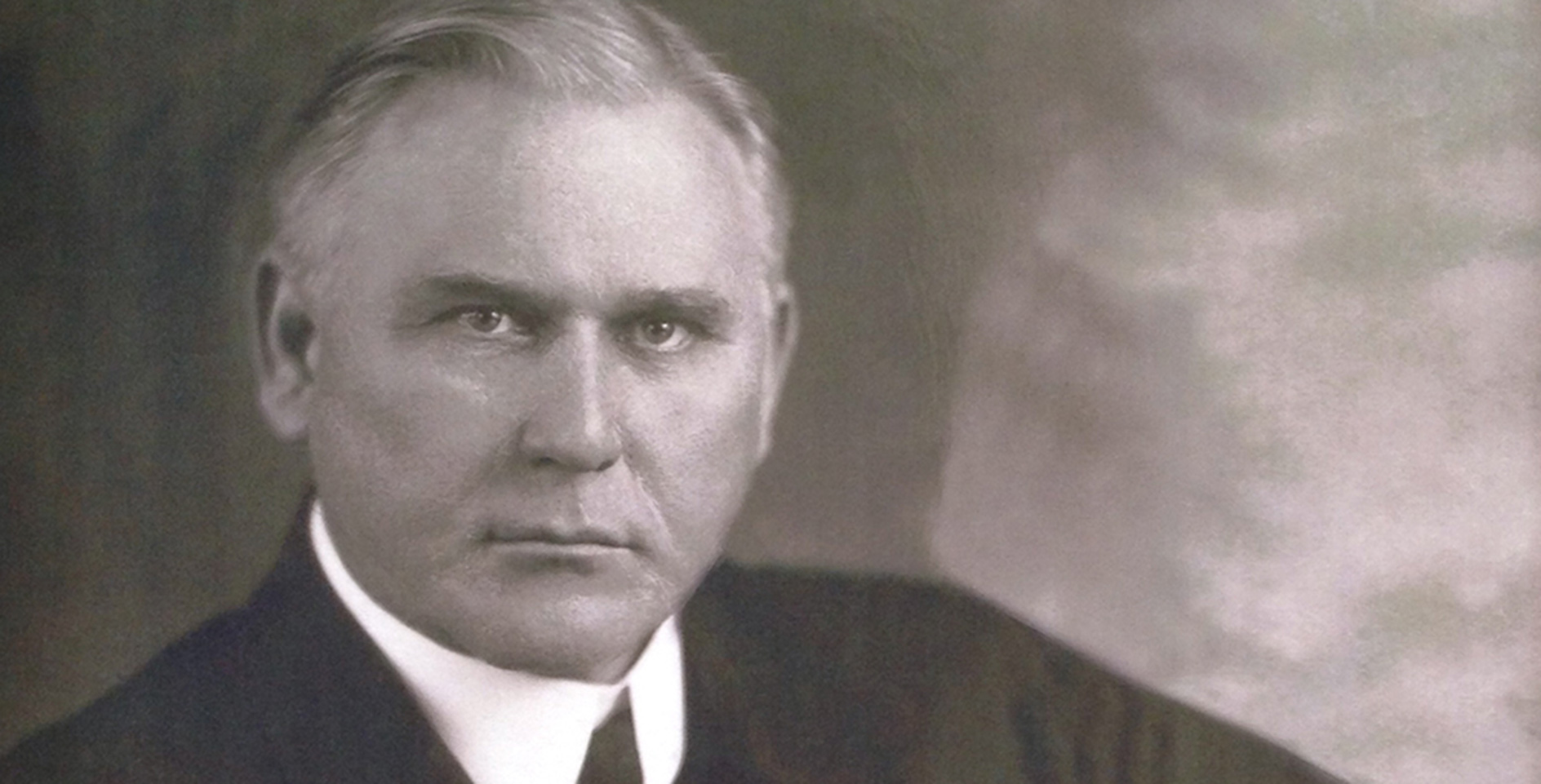C. Everett Koop died last year at the age of 96. Here are nine things you should know about the former surgeon general.
1. In 1981, Dr. Charles Everett Koop—his lifelong nickname was "Chick", short for "chicken coop"—had never served in public office when President Ronald Reagan appointed him surgeon general of the United States. He served from 1982 to 1989 during the Reagan administration and the early months of the administration of George H.W. Bush. At a congressional hearing in 2007, Koop spoke about political pressure on the surgeon general post. He said Reagan was pressed to fire him every day, but Reagan would not interfere.
2. At the age of 14, Koop operated on rabbits, rats, and stray cats in his basement after his mother had administered anesthesia. By his account, not one of the animals died.
3. Koop was a pioneer in pediatric surgery, inventing many of the anesthetic and surgical techniques that are now used on neonates and infants. He first gained international recognition in 1957 by the separation of two female infants conjoined at the pelvis and then, again, in 1974 by the separation of two twins conjoined at the spine who shared a liver, colon, and parts of the intestines. He established the nation's first neonatal surgical intensive care unit in 1956 and became the first editor of the Journal of Pediatric Surgerywhen it was founded in 1966.
4. In 1950, Koop removed the appendix of a young girl named Priscilla, which sparked a lifelong friendship with the girl's parents, Francis and Edith Schaeffer. In 1979 Koop and Schaeffer collaborated on a book and film project, Whatever Happened to the Human Race?, which played a key role in motivating evangelicals in supporting the burgeoning pro-life movement.
5. Although raised as a Baptist, Koop became a Presbyterian after attending a church near the hospital were he worked as a surgeon, Despite being a devout Christian and activist for pro-life causes, he told a Senate panel during his confirmation hearing that he would not use the surgeon general's post to promote his religious ideology. He said he believed politics and personal views had no place in making public health policy. During his tenure as surgeon general he avoided making pronouncements about abortion.
6. Koop became surgeon general the year the AIDS pandemic began and played an important role in educating Americans about the disease. Because of the political concerns about the disease, Koop rewrote 17 drafts of his 36-page report on AIDS. An eight-page version was later mailed to every American household in 1988, the largest public health mailing ever done by the government.
In his report Koop claimed the best protection against AIDS was abstinence and monogamy, but that condoms were a necessary precaution for those who were willing to engage in high-risk sexual behavior. Koop personally opposed homosexuality and sex outside of marriage but said that medical experts had a duty to tell people who did not choose those paths how they could stay healthy. "My position on AIDS was dictated by scientific integrity and Christian compassion," Koop wrote in his 1991 biography, Koop: The Memoirs of America's Family Doctor.
7. In 1986, Koop issued a surgeon general's report about smoking, stating that secondhand smoke had been conclusively proved to cause cancer. His efforts helped raise the profile of modern anti-smoking campaigns (the percentage of Americans who smoked dropped from 33 percent in when he took office to 26 percent when he left). By 1987, 40 states had restricted smoking in public places, 33 had prohibited it on public areas, and 17 had banned it in offices and other work sites. More than 800 local antismoking ordinances had been passed, and the federal government had restricted smoking in 6,800 federal buildings. His efforts, however, made him unpopular with tobacco executives and politicians from tobacco-farming states. Gov. Jim Hunt of North Carolina, a Democrat, called for his impeachment, and Senator Jesse Helms, a Republican, tried unsuccesfully to have Congress investigate him.
8. In 1997 he founded DrKoop.com, a popular medical information website that was valued at more than $1 billion before it went bankrupt in the collapse of the Internet bubble.
9. The military-style uniform worn by surgeons generals had fallen into disuse until they were revived by Koop, who thought they would make people take him more seriously. The U.S. Public Health Service—which began in 1870 to serve merchant sailors—is a uniformed service and the surgeon general is the equivalent of a three-star admiral.
See Also: C. Everett Koop’s Address to the SBC’s Christian Life Commission
Note: This article originally appeared on The Gospel Coalition.










